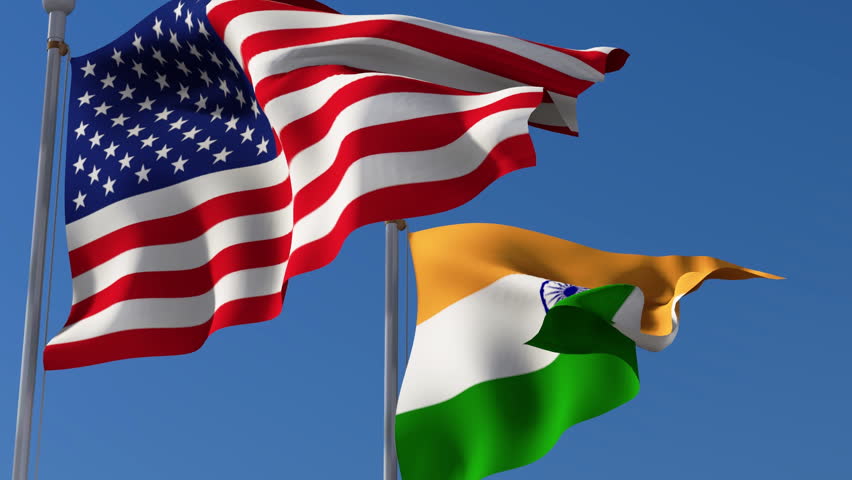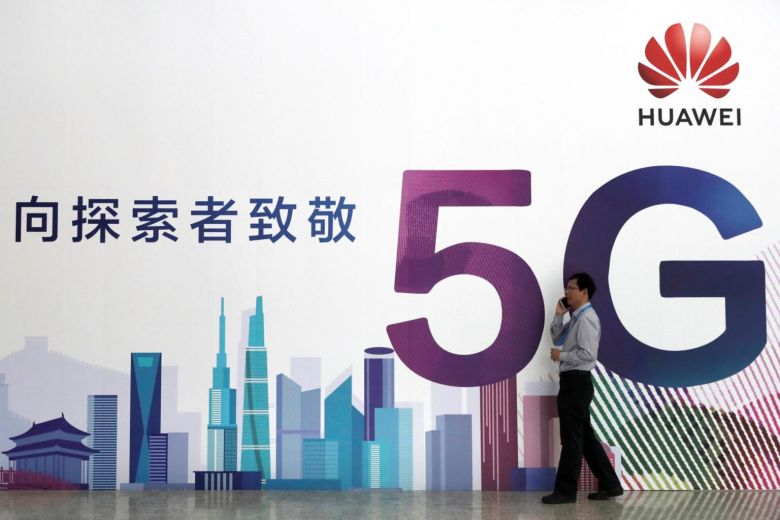Even as India and the US were engaged in hectic talks to smooth over ruffled trade ties, in the backdrop of US President Donald Trump’s warning India that high tariffs on American products were “no longer acceptable”, the Indian government has been quietly giving top US brands such as Apple and Walmart relaxations in FDI norms to boost their market.

In the recently announced Budget, the Modi government relaxed FDI norms for single brand retail including the critical 30% local sourcing rider. Teams from India and the US on Friday sat down for official talks, a day after holding informal talks, to resolve their trade differences.
The US delegation, led by Assistant US Trade Representative (AUSTR) for South and Central Asia, Christopher Wilson, and USTR Deputy Assistant Brendan Lynch, held talks with a team of Indian officials from the Ministry of External Affairs and Ministry of Commerce. The Indian team was led by an Additional Secretary-level officer from the Ministry of Commerce.
The meeting comes days after Trump tweeted: “India has long had a field day putting tariffs on American products. No longer acceptable!”
Though the meeting between Prime Minister Narendra Modi and President Trump in Osaka, Japan, had been amiable and very positive, where both sides agreed to resolve all issues including trade and 5G, the US President has been disconcerting India with his sudden, angry tweets.
Industry analysts say the relaxation of local sourcing norms to tech companies will provide the necessary growth stimulus for the Indian economy and enable the country to potentially attract the likes of Apple and others.
“As enterprises look at relocating outside China, and setting base elsewhere, India has a clear opportunity to take the leadership mantle, attract them, and potentially emerge as a key manufacturing hub for the new world,” Prabhu Ram, Head, Industry Intelligence Group (IIG), CyberMedia Research (CMR), told IANS.
“It is a big boost for Apple which is looking to expand in India and retail expansion is a strategic move which has already delayed by their end by couple of years,” he added.
Source: Economic Times



